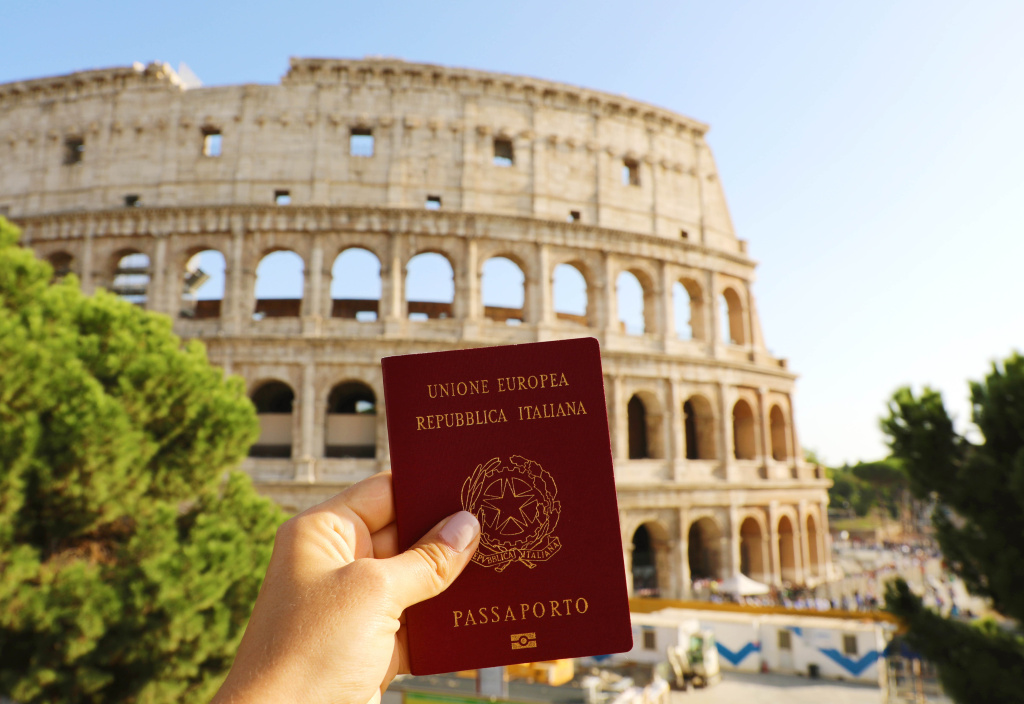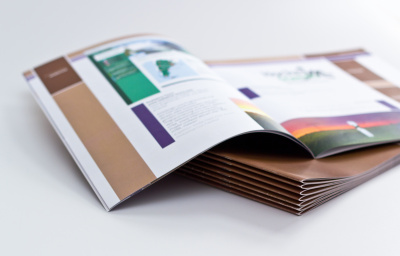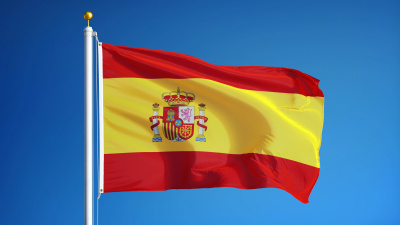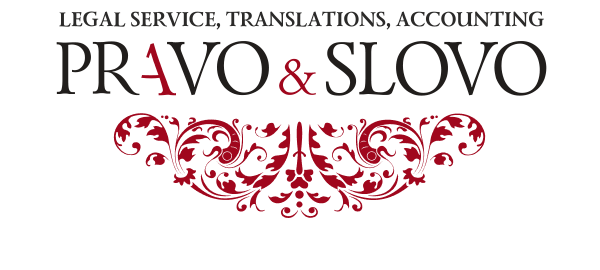All modes of immigration to Italy
Everyone who thought about immigration to Italy for permanent residence tries first to find some information about any modes of such immigration. There is a great deal of information on the web, including information from those firms which offer services to obtain an Italian Residence Permit. At the same time, it is virtually impossible to find comprehensive and systematic information about modes of immigration in one place. It happens often that some firm offers one or several “schemes”, and others “promote” completely different options of immigration at the same time. It may appear that a mode of immigration depends only on which one of such “schemes” has practically been adopted by a certain intermediator firm. Meanwhile, a variety of immigration options is not unlimited. On the contrary, the Italian legislation provides for their limited number, and all of them are regulated in reasonable detail.
How and where to look for information about modes of obtaining the Italian Residence Permit so as to be confident that it is reliable? Someone believes that it is safest to get information from people who have their own immigration experience; others suggest reading official websites of Italian immigration authorities or addressing requests to them directly. Unfortunately, neither of such modes offers any guarantee on results. Statutory regulation changes from time to time; and those modes which were successfully used by somebody some time ago might prove inadequate today.
Moreover, an option suitable for one person cannot always be used by another – when deciding on an immigration procedure, factors such as education (profession), expertise, funds available for investment, etc. are often relevant. When it comes to Italian public authorities qualified in the field of immigration, I can say from my personal experience that information (including that on official websites) provided by them is often incomplete or out of date.
Described below are all existing modes of immigration to Italy. The information is entirely based on provisions of the effective Italian legislation which constitutes the only credible source of such information.
- Wage labour (lavoro subordinato) is for those who have found an Italian employer that is ready to observe statutory procedures for employment of foreigners and then pay a salary not lower than the statutory minimum. It requires “free” quotas except for the employment under the UE Blue Card/Carta Blu UE program (for highly qualified workers) and so called “specific cases of work”.
- Chosen residence (residenza elettiva) is for those having a legal source of high passive income who simply wish to live in Italy without any labour permit. They also need to have accommodation in Italy, any suitable one but not necessarily owned.
- Study (studio) – possessing a Residence Permit for studying cannot by itself be called immigration since the duration of such Residence Permit is limited by the period of studies. But such Residence Permit may be transformed into a Residence Permit of any other type (for example, for wage labour or independent work) in certain circumstances, which will allow for residing in Italy permanently.
- Family reasons (motivi familiari) is the simplest mode of immigration. You need only to marry an Italian citizen or a foreigner legally residing in Italy by virtue of the Residence Permit. The same option is used in family reunification with a foreigner who has already obtained the Residence Permit.
- Independent work (lavoro autonomo) is for those who wish and are able to organize in Italy an independent economic activity as an entrepreneur, a free professional, a company’s manager, etc.
Let us take a closer look at the last category as it is further divided into several options for each of which the law establishes its requirements. First of all, these options are divided into two large groups: 1) those requiring quotas; and 2) those not requiring quotas.
Pursuant to the law, the first group includes only those modes of immigration which are directly provided for by the Immigration Quota Decree (Decreto Flussi) in force, namely:
As an entrepreneur. It is necessary to submit an investment plan amounting not less than EUR 500,000 and assume an obligation to create at least three new jobs. Such requirements appeared only in 2016; in the past, the conditions had been considerably less severe but more “vague”. For this very reason, it is now absolutely futile to draw upon experience of people who once obtained the Residence Permit with a bank reference for EUR 17,000 (if not less).
As a free professional. A profession should be related to those regulated or represented at the national level, namely it should be on certain lists. The selection of a profession is primarily dictated by a candidate’s education and work experience. Unfortunately, the profession obtained is not always included in the desired list.
As an Italian company’s manager or auditor. It requires that the following three conditions are simultaneously fulfilled:
- by a company’s type: only joint stock company (società per azioni), limited liability company (società a responsabilità limitata), limited partnership (società in accomandita per azioni) or cooperative society (società cooperativa);
- by an office held: president (presidente), member of administrative board / management board / board of directors (membro del consiglio di amministrazione), authorized manager (amministratore delegato) or auditor (revisore dei conti);
- a company has to have been functioning for at least three years (note that the observance of this condition is truly monitored).
As a performing artist having world fame or high professional qualification. It requires havingan invitation from a public or private institution.
As a founder of an “innovative start-up”. It requires that a business project is approved by the Technical Committee of the Italian Ministry of Economic Development, and funds available for investment of at least EUR 50,000 are evidenced.
Second group (outside quotas):
·As a chief executive or a highly qualified specialist of a company having a business unit in Italy. In practice, the most popular option is obtaining the Residence Permit as the head of a Russian company’s representative office in Italy. The law does not impose any special requirements to a parent company or the representative office’s head or an activity carried on by such representative office itself. The main thing is to ensure that such Russian company properly pays remuneration to the representative office’s head.
- As a university lecturer or teacher working as an exchangee who is a native speaker of the language taught or who executes an academic instruction in Italy.
- As a translator and (or) an interpreter. It requires proficiency testing.
- Asacompetitivesportsman. Itrequiresan invitation from the Italian sports society which guarantees the payment of a reward to a sportsman, and consent of the Italian Olympic Committee (CONI).
The law also provides for such grounds for immigration as receiving asylum, adoption and custody, humanitarian and religious motives, etc. But it makes no sense to dwell upon them by reason of their obvious uniqueness and practical inapplicability for overwhelming majority of potential immigrants.
THERE ARE NO OTHER LEGAL MODES OF IMMIGRATION!
It should be particularly noted that the Italian legislation does not provide for the Residence Permit to be obtained by virtue of incorporation of a new company or any purchase of real estate. If you want to obtain the Italian Residence Permit, choose among the aforesaid options, considering your objectives and possibilities.

Other articles on the topic
View articles





